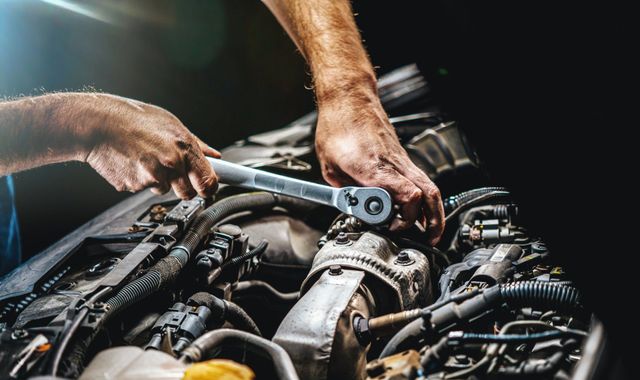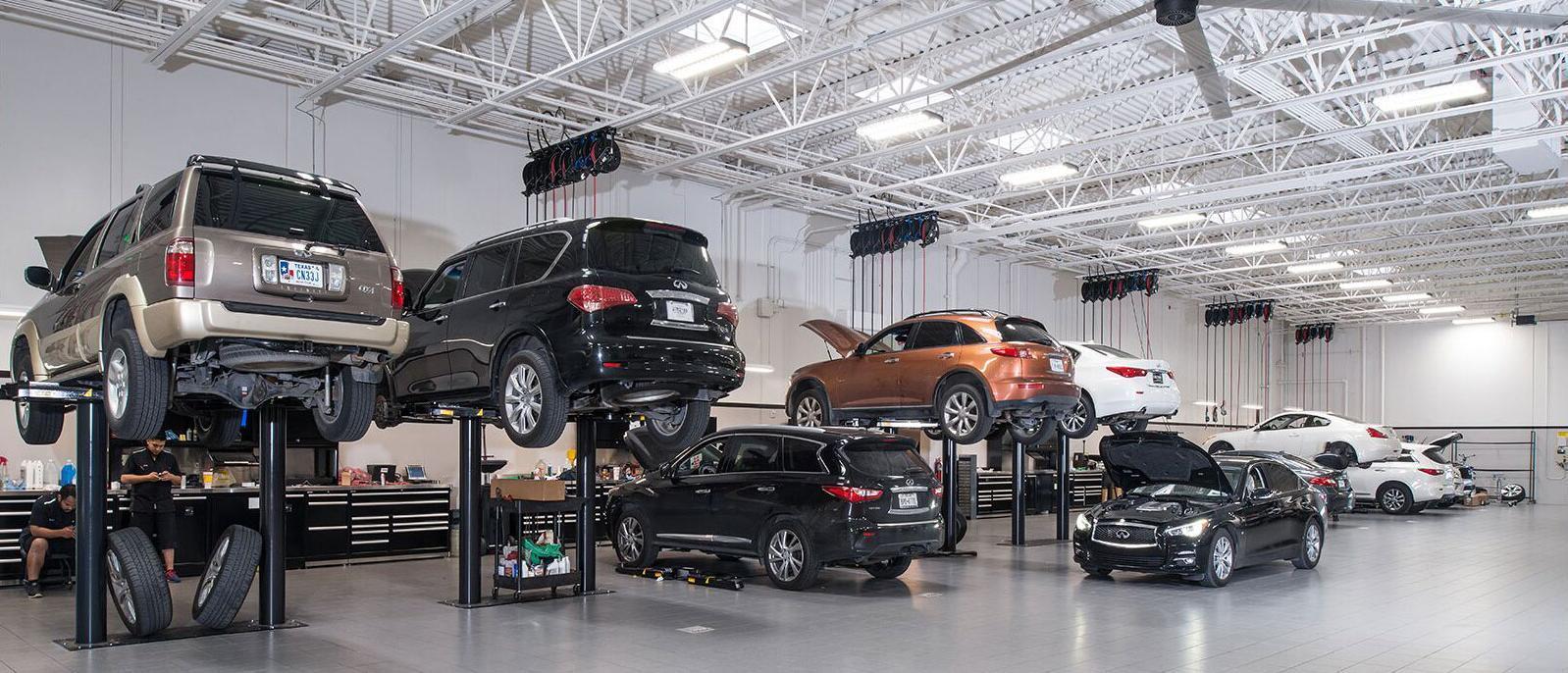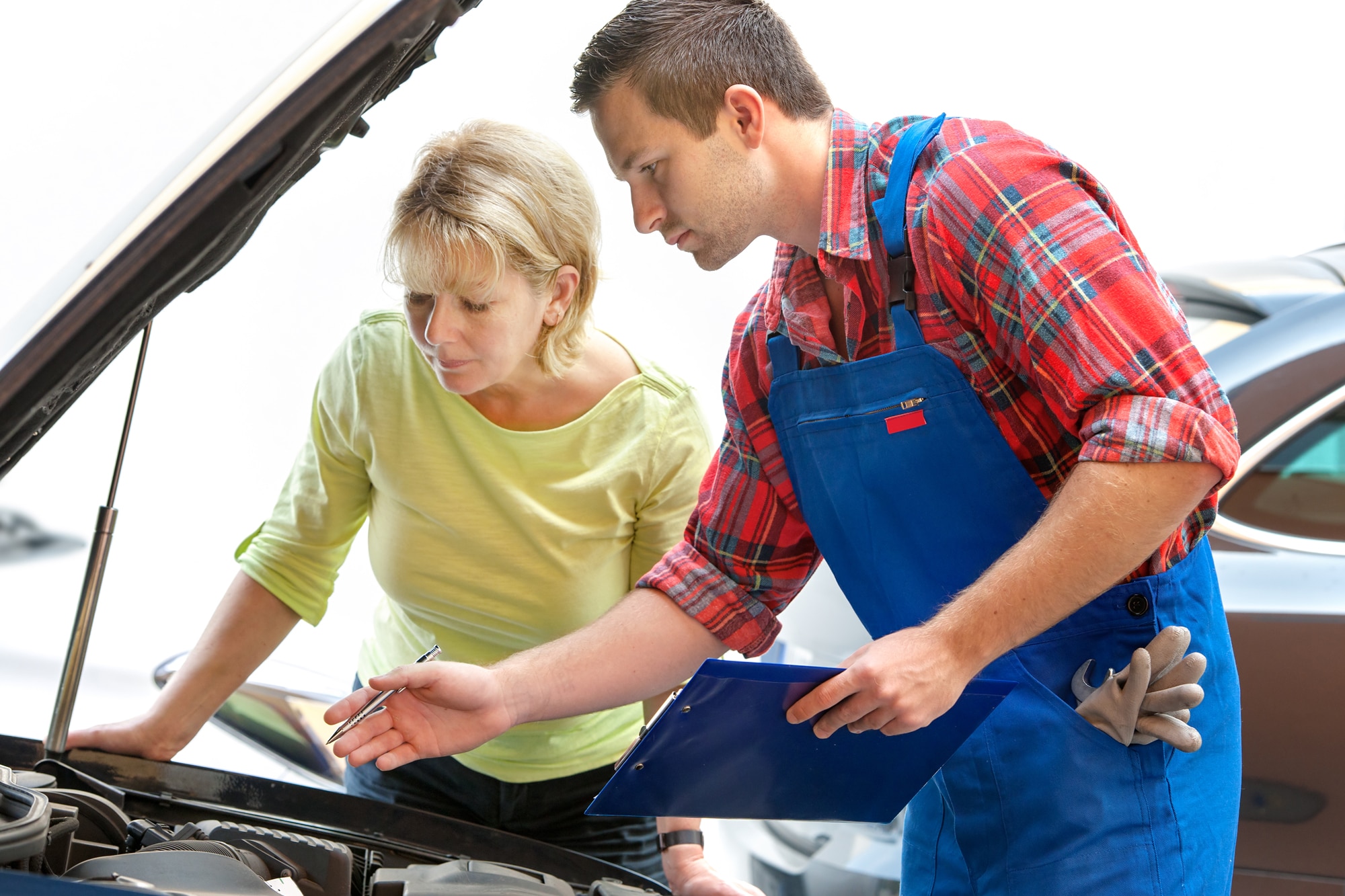Featured
When your vehicle gets too hot, it can seem like a major emergency, however remaining calm and adhering to the appropriate actions can avoid severe engine damage and help get you back when driving safely. In this blog post, we'll discover what to do if your auto overheats and supply preventative pointers to decrease the risk of overheating in the future.
What to Do If Your Automobile Gets too hot. Draw Over to a Safe Location The very first and crucial action if your automobile starts to overheat is to draw over to a risk-free area asap. Activate your risk lights and direct your lorry to the shoulder or right into a car park. Maintaining your cars and truck running while it's overheated can cause serious damages to the engine, so it's important to close the engine off right away.
Allow the Engine Cool Once you've safely quit, enable the engine to cool down. You should never try to open up the radiator cap while the engine is still hot, as the launch of heavy steam or hot coolant can cause burns. Wait at least 15-20 minutes to allow the engine temperature level to drop to a much safer degree prior to continuing.
![]()
Check the Coolant Degree After the engine has actually cooled down, check the coolant levels by checking the tank or radiator. If it's low, leading it off with a mix of coolant and water (as specified by your car's supplier) Constantly use caution when opening up the coolant reservoir, as pressure may have built up.
Search For Visible Leaks While you wait for the engine to cool, aesthetically examine the radiator, hose pipes, and coolant reservoir for any visible leakages or fractures. A dripping radiator or tube is an usual reason for getting too hot. It's better to call a tow solution than risk driving even more and triggering extra damage. if you discover a considerable leakage.
Restart the Engine After allowing the engine to cool and guaranteeing the coolant is complemented, start the engine and check the temperature level scale. If the temperature level continues to increase swiftly, it's ideal to close the engine off and call for roadside assistance or a tow to the nearby mechanic.
![]()
How to avoid Overheating in the Future. Routinely Inspect Coolant Degrees One of the simplest methods to avoid overheating is by keeping the best degree of coolant. Gradually, coolant can vaporize, so on a regular basis examine the coolant levels in the storage tank. Low coolant levels can cause the engine to overheat rapidly, so leading it off as needed.
Check the Radiator The radiator plays a critical function in maintaining the engine cool. Periodically check the radiator for any blockages, dust, or debris that can obstruct air flow. If you discover any kind of indicators of damages, such as rust or leakages, have it fixed or replaced asap.
Change the Thermostat and Water Pump A malfunctioning thermostat or water pump is a typical source of overheating. The thermostat controls the flow of coolant, while the water pump distributes it through the engine. If either component is defective, it can avoid proper cooling. Have your mechanic check these components consistently and replace them when essential.
Flush the Cooling System Over time, coolant can break down and come to be ineffective, triggering a buildup of debris in the system. Flushing the cooling system every 30,000 miles, or as recommended in your vehicle's manual, assists to remove any kind of sludge or build-up and guarantees the cooling system is functioning properly.
Screen the Condition of the Tubes The pipes in your lorry's cooling system can break or crack with time. Check the hose pipes for any kind of signs of wear, such as protruding, cracks, or leakages, and replace them if needed. Avoiding coolant leakages can go a long way in preventing overheating.
![]()
Drive Properly Hostile driving, such as increasing rapidly or driving at high speeds, places additional pressure on your engine and its cooling system. Try to drive at moderate rates, specifically on warm days or when driving on high inclines, to minimize the possibilities of getting too hot.
Stay Clear Of Straining Your Automobile Lugging excessive weight in your lorry puts stress and anxiety on the engine and cooling system. Always bear in mind your lorry's weight limit, particularly if you're carrying heavy tons, pulling a trailer, or driving cross countries in heat.
Verdict. An overheating cars and truck can be a frightening experience, but understanding just how to react and avoid it can conserve you time, cash, and potential engine damages. Always check your coolant degrees, examine crucial components like the radiator, thermostat, and tubes, and follow a routine maintenance schedule. By staying on top of your car's air conditioning system, you can reduce the danger of overheating and take pleasure in a smoother, much safer driving experience.
What to Do If Your Automobile Gets too hot. Draw Over to a Safe Location The very first and crucial action if your automobile starts to overheat is to draw over to a risk-free area asap. Activate your risk lights and direct your lorry to the shoulder or right into a car park. Maintaining your cars and truck running while it's overheated can cause serious damages to the engine, so it's important to close the engine off right away.
Allow the Engine Cool Once you've safely quit, enable the engine to cool down. You should never try to open up the radiator cap while the engine is still hot, as the launch of heavy steam or hot coolant can cause burns. Wait at least 15-20 minutes to allow the engine temperature level to drop to a much safer degree prior to continuing.

Check the Coolant Degree After the engine has actually cooled down, check the coolant levels by checking the tank or radiator. If it's low, leading it off with a mix of coolant and water (as specified by your car's supplier) Constantly use caution when opening up the coolant reservoir, as pressure may have built up.
Search For Visible Leaks While you wait for the engine to cool, aesthetically examine the radiator, hose pipes, and coolant reservoir for any visible leakages or fractures. A dripping radiator or tube is an usual reason for getting too hot. It's better to call a tow solution than risk driving even more and triggering extra damage. if you discover a considerable leakage.
Restart the Engine After allowing the engine to cool and guaranteeing the coolant is complemented, start the engine and check the temperature level scale. If the temperature level continues to increase swiftly, it's ideal to close the engine off and call for roadside assistance or a tow to the nearby mechanic.

How to avoid Overheating in the Future. Routinely Inspect Coolant Degrees One of the simplest methods to avoid overheating is by keeping the best degree of coolant. Gradually, coolant can vaporize, so on a regular basis examine the coolant levels in the storage tank. Low coolant levels can cause the engine to overheat rapidly, so leading it off as needed.
Check the Radiator The radiator plays a critical function in maintaining the engine cool. Periodically check the radiator for any blockages, dust, or debris that can obstruct air flow. If you discover any kind of indicators of damages, such as rust or leakages, have it fixed or replaced asap.
Change the Thermostat and Water Pump A malfunctioning thermostat or water pump is a typical source of overheating. The thermostat controls the flow of coolant, while the water pump distributes it through the engine. If either component is defective, it can avoid proper cooling. Have your mechanic check these components consistently and replace them when essential.
Flush the Cooling System Over time, coolant can break down and come to be ineffective, triggering a buildup of debris in the system. Flushing the cooling system every 30,000 miles, or as recommended in your vehicle's manual, assists to remove any kind of sludge or build-up and guarantees the cooling system is functioning properly.
Screen the Condition of the Tubes The pipes in your lorry's cooling system can break or crack with time. Check the hose pipes for any kind of signs of wear, such as protruding, cracks, or leakages, and replace them if needed. Avoiding coolant leakages can go a long way in preventing overheating.

Drive Properly Hostile driving, such as increasing rapidly or driving at high speeds, places additional pressure on your engine and its cooling system. Try to drive at moderate rates, specifically on warm days or when driving on high inclines, to minimize the possibilities of getting too hot.
Stay Clear Of Straining Your Automobile Lugging excessive weight in your lorry puts stress and anxiety on the engine and cooling system. Always bear in mind your lorry's weight limit, particularly if you're carrying heavy tons, pulling a trailer, or driving cross countries in heat.
Verdict. An overheating cars and truck can be a frightening experience, but understanding just how to react and avoid it can conserve you time, cash, and potential engine damages. Always check your coolant degrees, examine crucial components like the radiator, thermostat, and tubes, and follow a routine maintenance schedule. By staying on top of your car's air conditioning system, you can reduce the danger of overheating and take pleasure in a smoother, much safer driving experience.
Latest Posts
Vital Maintenance for Hardwood Flooring
Published Jan 09, 25
1 min read
What to Do If Your Car Gets too hot and How to Avoid It
Published Jan 09, 25
0 min read
Top Tips for Extending the Life of Your Custom Wood Gates and Fences
Published Jan 09, 25
1 min read